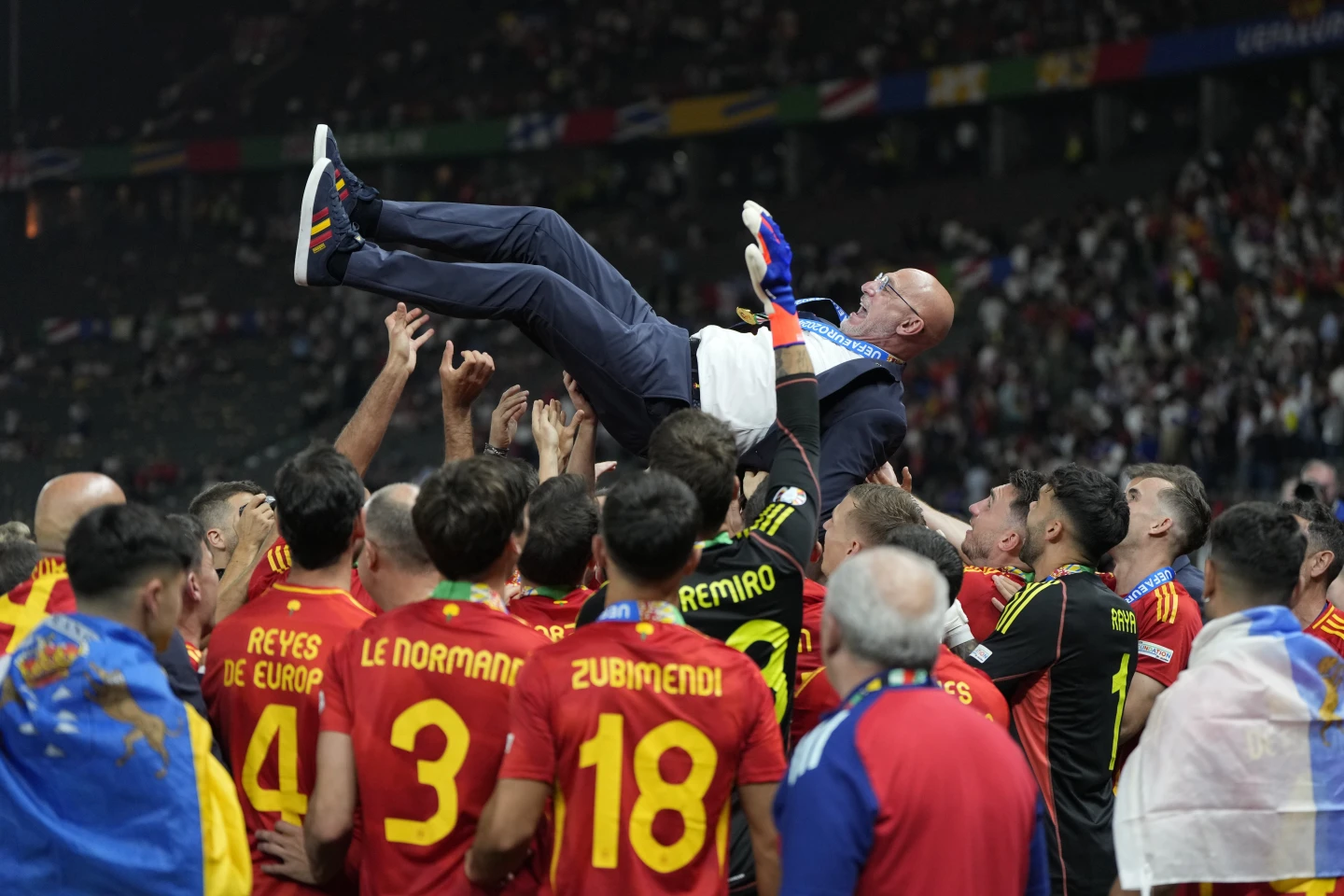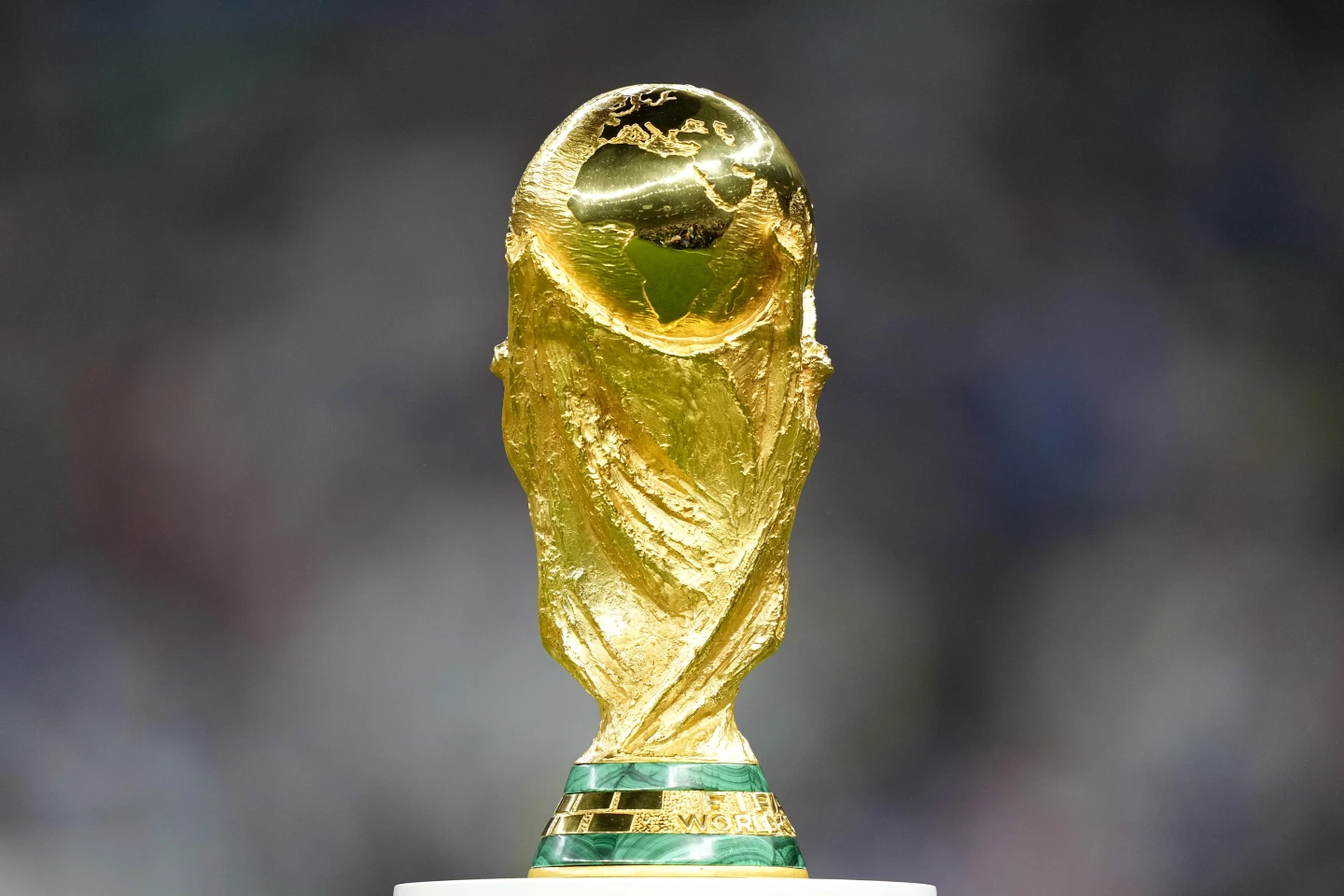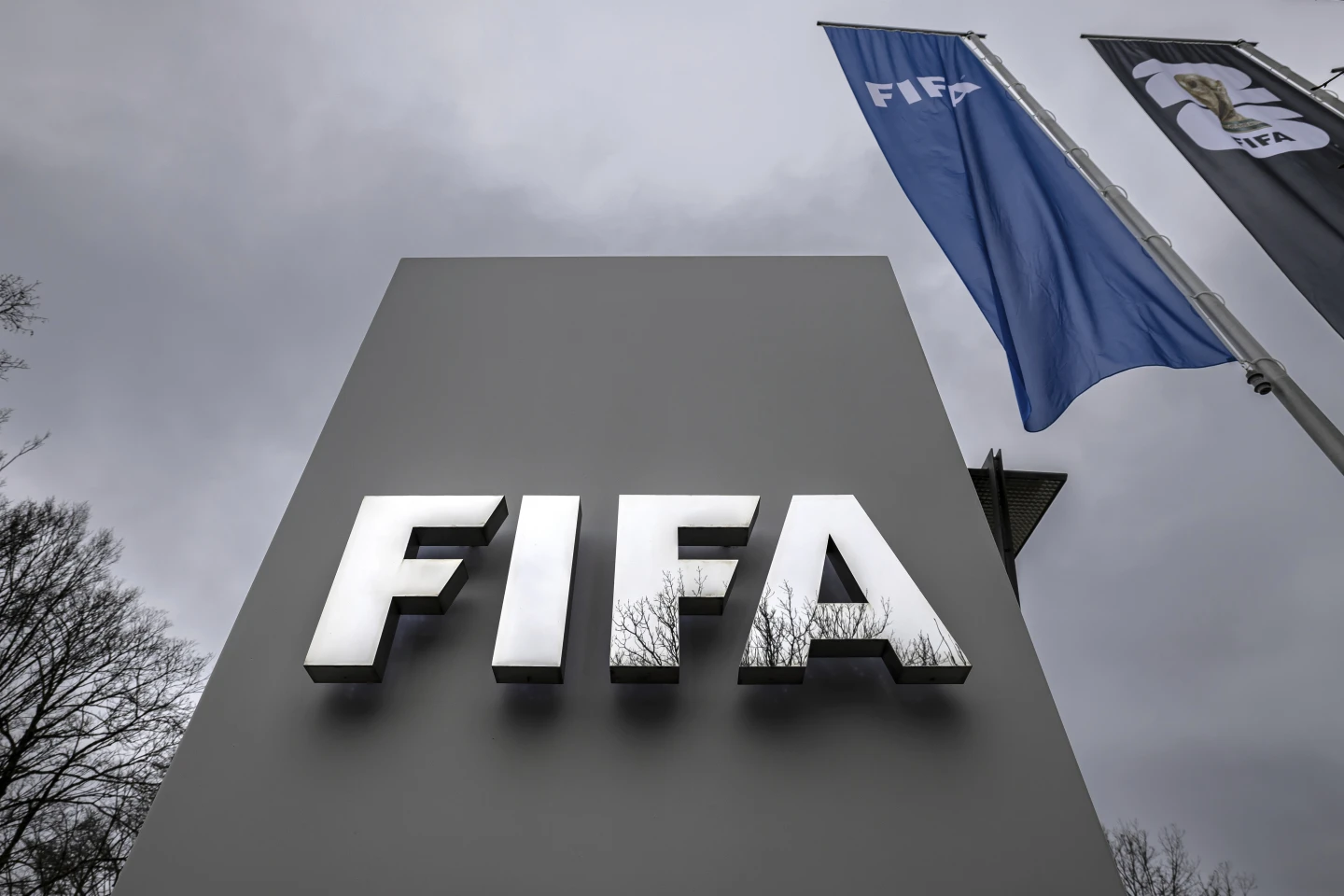On Wednesday, FIFA officially named Saudi Arabia as the host for the 2034 World Cup in men’s soccer. This decision marks the biggest achievement for Saudi Arabia in its major investment in global sports, driven by Crown Prince Mohammed bin Salman.
Saudi Arabia was the only country to submit a bid, and the announcement was met with applause from more than 200 FIFA member federations during an online meeting hosted by FIFA President Gianni Infantino. “The vote of the congress is loud and clear,” said Infantino, who asked officials to clap their hands at head level to show their support.
At the same time, FIFA also approved the selection of Spain, Portugal, and Morocco to co-host the 2030 World Cup. This joint bid involves Argentina, Paraguay, and Uruguay, each hosting part of the 104 matches. This decision will mark the centenary of the first World Cup held in Uruguay in 1930.
The process leading to Saudi Arabia’s victory has been mostly unclear. FIFA helped guide the bid toward Saudi Arabia, with no competition and limited questions, while human rights groups have raised concerns about the safety of migrant workers.

Prince Mohammed said in a statement, “We look forward to hosting an exceptional and unprecedented edition of the FIFA World Cup by harnessing our strengths and capabilities to bring joy to football fans around the world.”
FIFA and Saudi officials hope hosting the World Cup will lead to positive changes, including more rights and freedoms for women. Infantino called the World Cup “a unique catalyst for positive social change and unity.” He expressed trust that Saudi Arabia would address any issues and deliver a tournament that meets the world’s expectations.
However, rights groups have criticized FIFA’s decision, calling it a “reckless” choice to approve Saudi Arabia without public assurances. The Football Supporters Europe group said it was “the day football truly lost its mind.” FIFA fast-tracked the bidding process after accepting a three-continent hosting plan for the 2030 World Cup.
This meant only Asian and Oceanian countries could bid for 2034, and FIFA gave countries less than four weeks to submit bids. Saudi Arabia was the only one to respond.
This decision has sparked concerns about Saudi labor laws and the treatment of workers from South Asia who will help build 15 stadiums, as well as hotels and transportation networks for the 104-match tournament. Amnesty International warned that hosting the World Cup in Saudi Arabia “will put many lives at risk.”

One planned stadium will be 350 meters above the ground in Neom, a futuristic city that does not yet exist. Another stadium is set to be atop a 200-meter cliff near Riyadh. During the bidding campaign, FIFA accepted limited scrutiny of Saudi Arabia’s human rights record, which was widely criticized this year at the United Nations.
Saudi and international rights groups and activists warned FIFA that it had not learned the lessons of Qatar’s controversial preparations to host the 2022 World Cup. “At every stage of this bidding process, FIFA has shown its commitment to human rights to be a sham,” said Steve Cockburn, Amnesty International’s Head of Labor Rights and Sport.
Saudi Arabia plans to spend tens of billions of dollars on projects related to the World Cup as part of Crown Prince Mohammed bin Salman’s Vision 2030, which aims to modernize Saudi society and its economy.
A key part of this plan involves spending on sports through the $900 billion Public Investment Fund, which the prince oversees. Critics have accused the country of using the World Cup to improve its image, calling it “sportswashing.”
The prince, known as MBS, has built a close working relationship with Infantino since 2017, aligning with FIFA rather than challenging the system as he did with the LIV Golf project. This smooth partnership has led to limited opposition from soccer officials, though some women international players have raised concerns.
Saudi Arabia’s influence in international soccer is expected to grow. FIFA has created a new sponsorship category for Saudi state oil company Aramco, and Saudi funding will support the 2025 Club World Cup in the United States.

The Saudi government has also made deals with soccer bodies, including North America’s CONCACAF, and several FIFA member federations have signed agreements with Saudi counterparts.
In the past two years, Saudi clubs have spent large amounts of money on top players like Cristiano Ronaldo, Neymar, and Karim Benzema, injecting hundreds of millions of dollars into European soccer.
The timing of the 2034 World Cup could be influenced by Saudi Arabia’s growing power in soccer. The tournament’s dates might be affected by the holy month of Ramadan, which runs until mid-December, and Riyadh hosting the Asian Games.
January 2034 could be a possible option, as the International Olympic Committee sees no issue with clashing with the Winter Olympics, which starts in Salt Lake City on February 10, 2034. The IOC also has a commercial deal with Saudi Arabia to host the new Esports Olympics.
